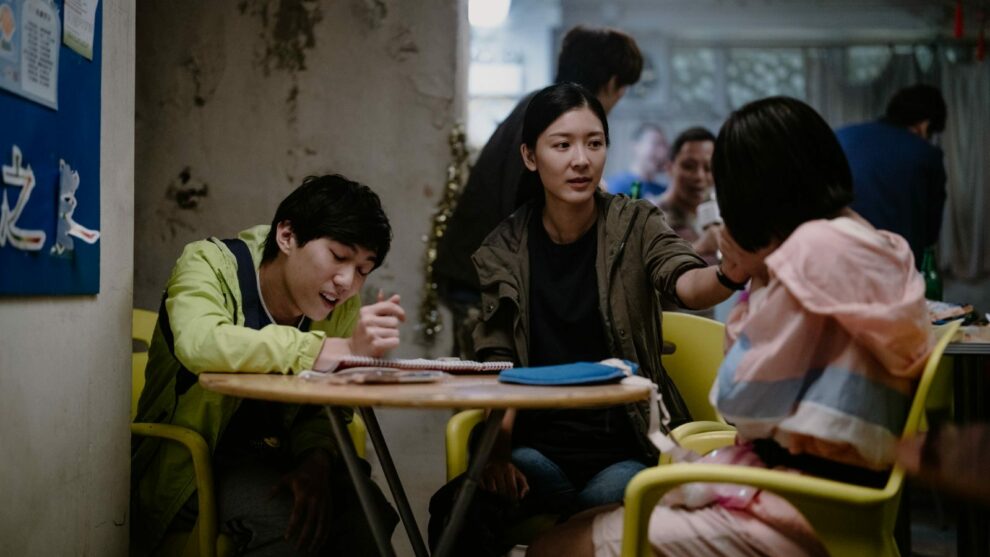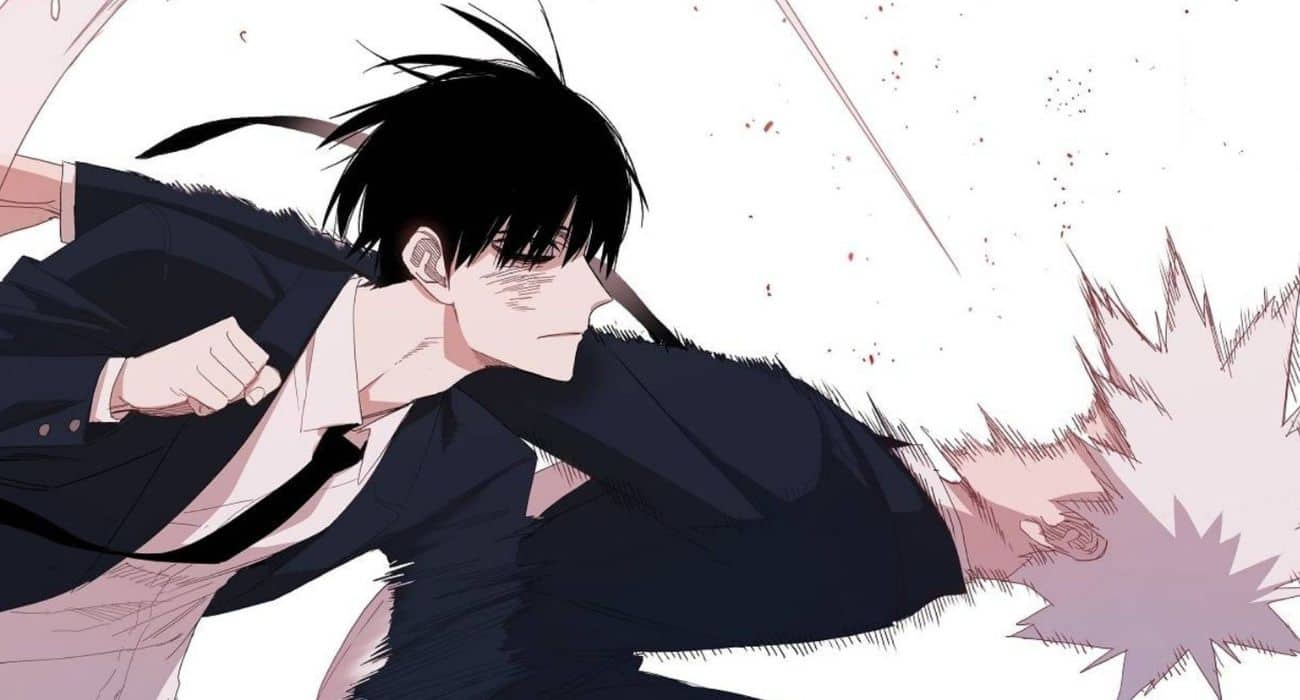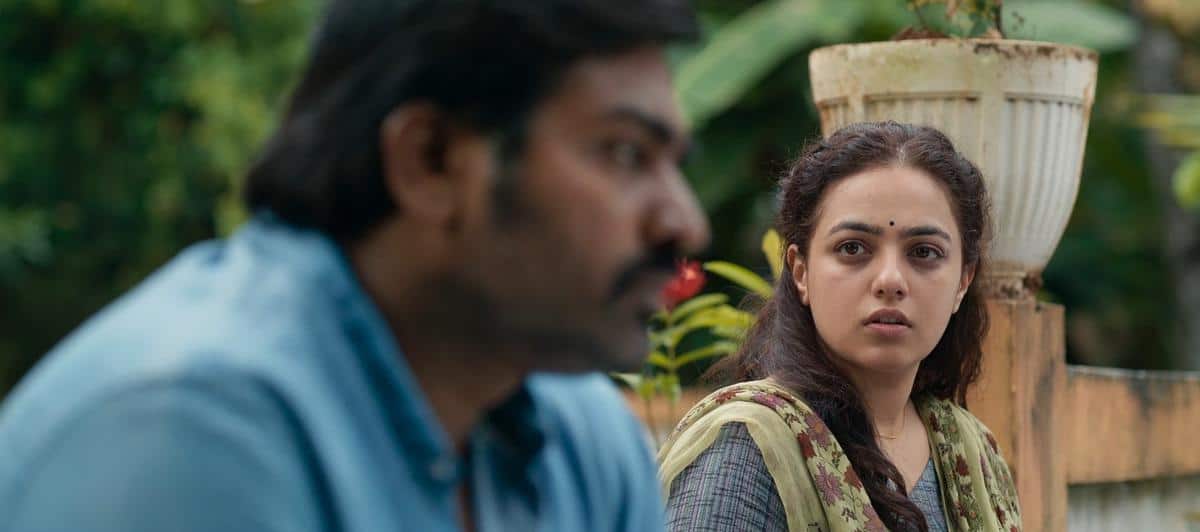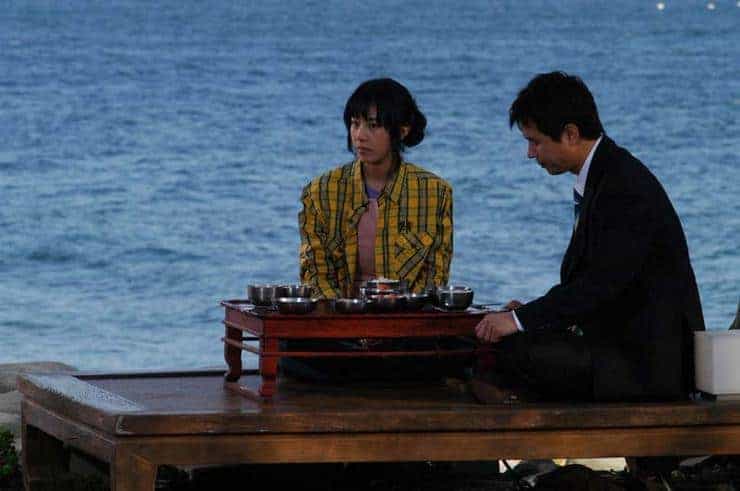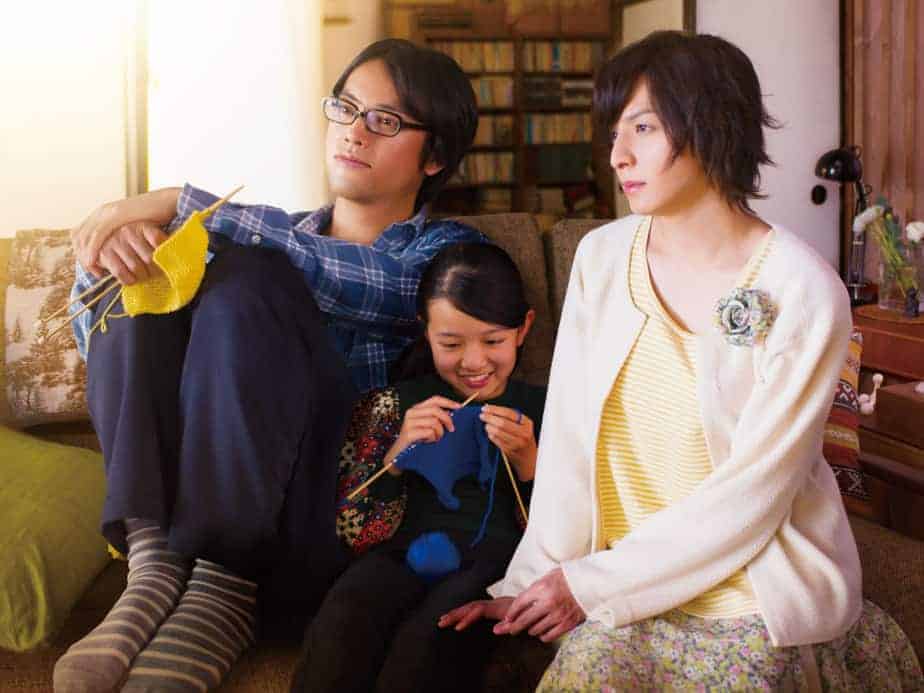It seems that the 2018 movie “Distinction” by Jevons Au, has created some ripples to the Hong Kong movie industry, with a number of titles that focus on similar issues being presented this year. “In Broad Daylight” inspired by true events regarding the local health system and particularly the treatment of the elderly, is definitely one of those.
“In Broad Daylight” is screening at Asian Pop Up Cinema

Kay is a tough and harsh investigative reporter, who, after a tip about the residents of an elderly care home being abused by the staff, decides to go undercover in the facility, posing as the granddaughter of one of them, and see the truth for herself. Even though her methods are not legitimate, her research brings to the fore a series of shocking facts about the local healthcare system, which is as corrupt as it is ineffective. In her effort to shed light to what is happening though, she stumbles upon obstacles that come from both the paper she works for, and the judicial system. Eventually, she decides to take things in her hands even more.
Lawrence Kan directs a film that aims at showcasing two major issues of Hong Kong's system, healthcare, particularly regarding the elderly and the mentally handicapped, and journalism, both of which he presents in the darkest colors. The first aspect takes the lion's share, with Kay discovering a truly hellish situation about organizations that are understaffed, underfinanced, and essentially left on their own, with the elderly living under horrible conditions. Considering that Hong Kong is expected to become the world's oldest society by 2050, the issue is particularly dire for the country, and Kan exposes it both within the facilities but also through a more systemic prism, having Kay discover how the race for profit and the subsequence corruption are essentially responsible for what is happening. In that regard, a number of scenes emerge as shocking in their brutal realism, as the bathing one, while the last incident portrayed gives a truly onerous hypostasis to the phenomenon, while also highlighting the judicial aspects of the issue, which are equally problematic.
Check also this interview
The second issue, which also serves in portraying Kay's character a bit better, revolves around journalism and particularly investigative one, which seems to face a decline that is soon bound to result in extinction, with celebrity news, gossip, and whatever type of fake news taking its place. The situation in the paper Kay works is as bleak as they come, which has turned her into a rather intense and bitter cynic, something that Ling, a newcomer in the business, experiences in the harshest way possible. Her character is obviously here to show what new and particularly idealistic journalists face nowadays, with her portrait concluding the realistically bleak depiction of the particular institution. Even though in a minor part, Rachel Leung is quite convincing, occasionally stealing the show with the way she portrays the naivety and resolve of her character.
Although the focus here is on realism, the presentation of various events is also quite dramatic, even to the point of melodrama on occasion. The various arcs of the people in the care home start the approach, but are more grounded in reality. The staff however, and particularly the head nurse and Warden Cheung are presented as true villains, to the point that the establishment on occasion looks like something found in horror movie instead of realist dramas. Granted, the stories may be based on true events, but having them all happening in the same place goes a bit too far. The relationship of the man Kay poses as his granddaughter and another resident also moves in the same path.
At the same time, the concept gives one of the best performances of the movie, with Bowie Lam being magnificent in the role of the villainous warden. Jennifer Yu as Kay is also exceptional, with the way she depicts her hard side in the paper and the softer one in the care home being among the best parts of the movie, along with the moments her frustration gets the better of her.
Despite some issues with the narrative approach, “In Broad Daylight” emerges as an excellent film that manages to highlight both its main issues with realism, while remaining entertaining from beginning to end.


